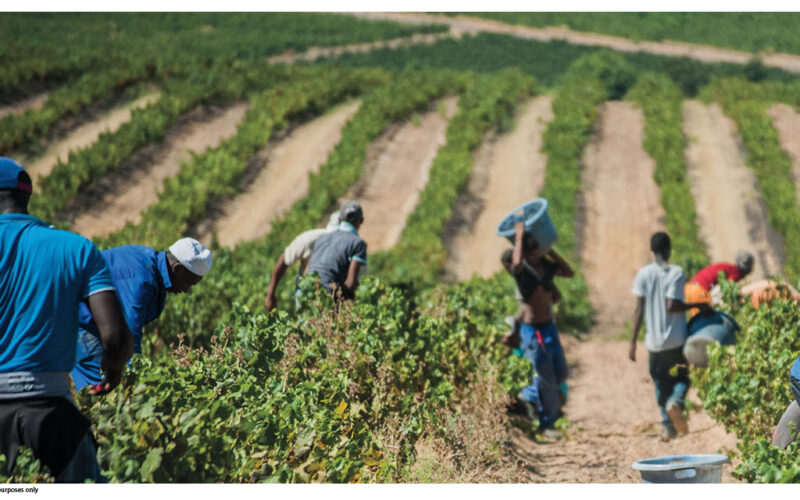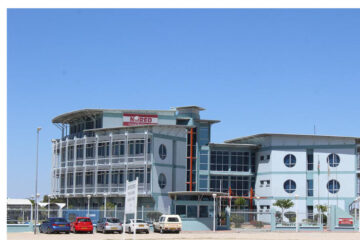Niël Terblanché
In a significant step forward for labour rights, the Namibia Agricultural Labour Forum (NALF) has successfully concluded negotiations to increase the minimum wage for farmworkers in both the commercial and communal farming sectors.
The newly agreed-upon minimum wage, effective from 1 October 2023, represents a 10 percent increase over the previous year’s minimum wage. The current minimum wage, which was in place throughout 2022, is set to rise to N$6.00 per hour or N$1,170 per month for employees working a 45-hour workweek.
In addition, workers who do not receive free rations will see their monthly ration allowance increase to N$650. As a result, the minimum basic wage for farmworkers will stand at N$1,820 per month from 1 October 2023.
The NALF is composed of various stakeholders in the agricultural sector
In a statement, the NALF emphasized that this minimum wage is designed as an entry-level wage primarily intended for young and inexperienced farmworkers.
The organization emphasized that experienced farm workers typically receive higher salaries.
The NALF added that the benefits provided to farm workers, such as free housing, rations, water, electricity, and firewood, make them better off than many workers in other industries because workers in other sectors often need to allocate a significant portion of their income to cover these essential living expenses.
In addition to the minimum wage increase, NALF has agreed to a future-oriented approach by mandating that minimum wage adjustments within the agricultural sector be collectively negotiated on an annual basis.
According to the statement, these adjustments will come into effect annually on the first day of October and aim to mitigate the adverse effects of inflation on the living standards of farm workers.
This move signifies a significant step forward in recognizing and addressing the rights and working conditions of Namibia’s farm labour force. The new minimum wage not only ensures better compensation for farmworkers but also provides stability and predictability through annual adjustments, reflecting a commitment to improving the quality of life for those working within the agricultural sector.
The Namibia Agricultural Labour Forum and its stakeholders believe that these measures will foster fairness and equality within the agricultural sector while maintaining its essential role in supporting the nation’s food production and economic well-being.




